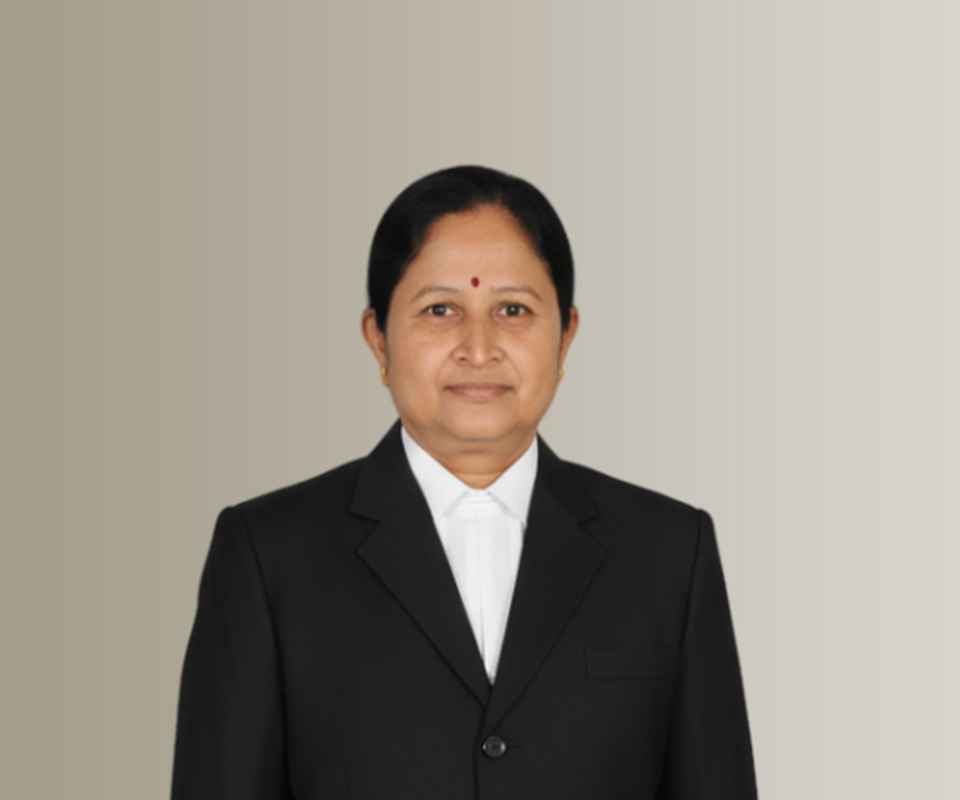Answer By law4u team
In India, the extradition process involves multiple stages of legal and administrative review, but the ultimate authority to approve or deny an extradition request rests with the Central Government. Courts play a critical role in examining the legality and evidence, but the final executive decision is made by the government.
Who Makes the Final Decision?
Role of the Magistrate and Judiciary
The magistrate conducts the extradition inquiry, verifying if the request meets legal requirements and if there is a prima facie case.
Courts ensure that the fugitive’s rights are protected and the law is followed but do not make the final decision on surrender.
Central Government's Authority
Under the Extradition Act, 1962, the Central Government, primarily through the Ministry of External Affairs (MEA), holds the power to grant or refuse extradition.
The government considers the magistrate’s report, diplomatic factors, international relations, and legal safeguards before deciding.
Factors Influencing the Decision
- Adequacy of evidence and compliance with extradition treaty (if applicable).
- Protection of human rights and assurance against capital punishment or torture.
- Reciprocity and international diplomacy.
Finality of the Decision
Once the Central Government approves, arrangements are made for surrender.
Although courts can entertain appeals or judicial review, the executive government’s decision on extradition is the conclusive step.
Example
When Country Z requests extradition of a person from India, the magistrate conducts a hearing and submits the report confirming prima facie grounds. However, the Central Government reviews this report and, considering diplomatic and legal factors, makes the final decision to either approve or reject the extradition request.







